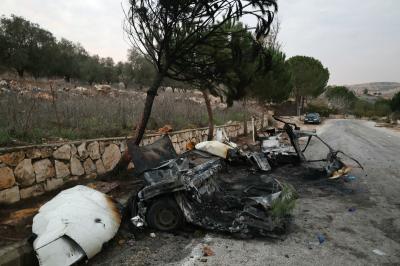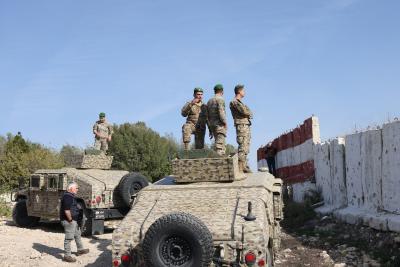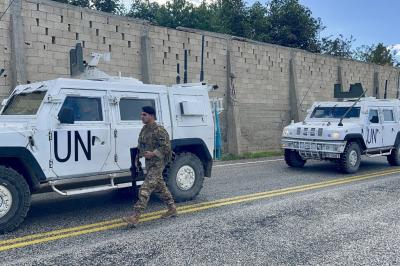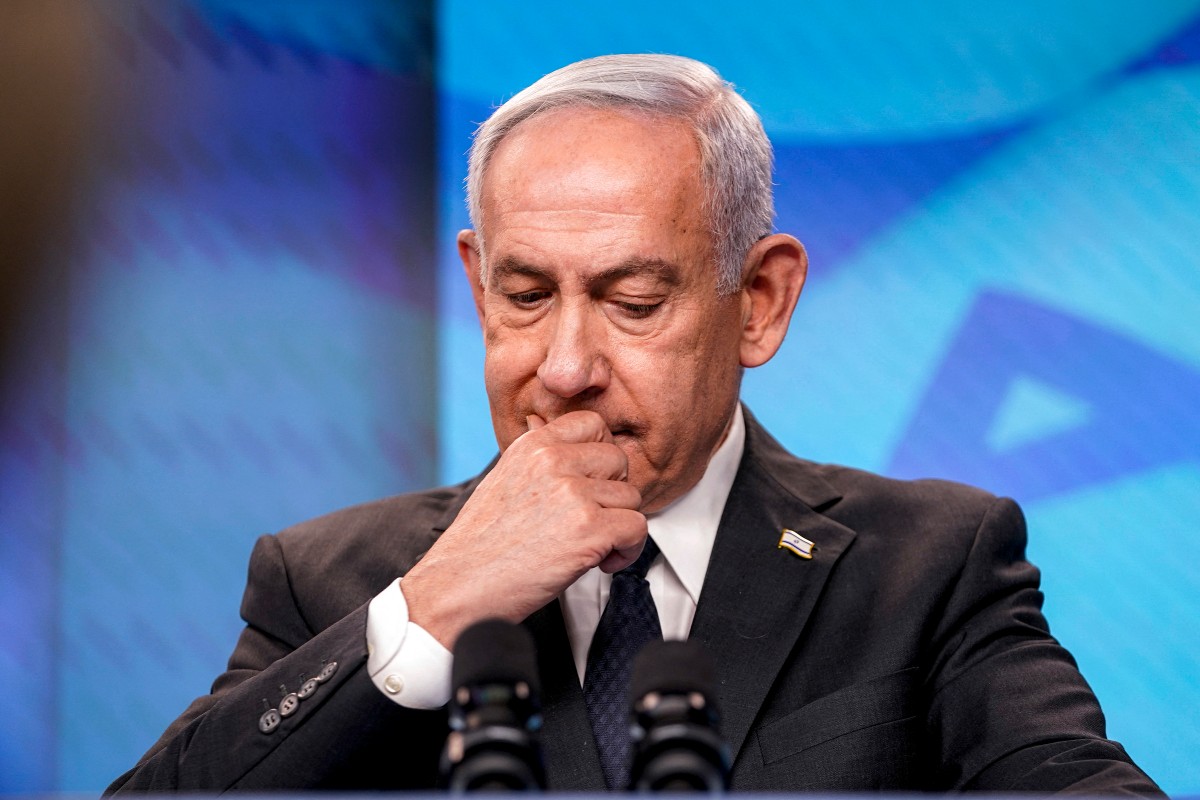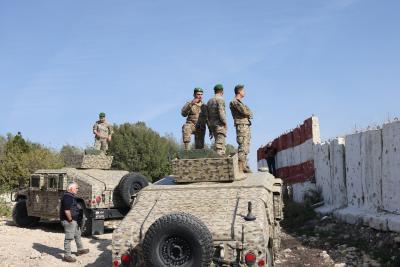Israel’s “Operation Summit of Fire,” launched to target Hamas leaders in Doha, sent a clear message: Prime Minister Benjamin Netanyahu is less concerned with hostage negotiations than with buying time through one military adventure after another, all the way to Israel’s next elections—whenever they may come.
Netanyahu has often fallen back on reassurances or silence before ordering similar strikes, whether near in Gaza or far afield in Lebanon, Iran, Syria, Yemen, Iraq—and now Qatar. From the outset, nearly two years ago in his response to the “Al-Aqsa Flood” attack, he made plain his intent to wage what he called an existential war, cloaked in religious language.
In doing so, Netanyahu has gone further than any of his predecessors since Israel’s founding, invoking the anti-terror doctrine that emerged from the 1972 Munich Olympics massacre, when Israeli athletes were killed. That attack marked a turning point under Prime Minister Golda Meir, ushering in what became known as the “Munich Doctrine”: Jewish blood would never again be shed without punishment. Israel hunted down and killed nearly all those responsible, embedding retaliation as a cornerstone of its national security posture and military doctrine, whether overt or covert.
The strike on Hamas figures in Qatar falls squarely in that tradition. But the trajectory of the past two years has grown far more brutal. Netanyahu now casts Hamas leaders as the masterminds of the bloodshed of October 7, 2023. Yet for all the ferocity of his government—the most extremist in Israel’s history—the Doha strike failed to achieve its stated aim: eliminating the group’s senior leadership, the decision-makers tied to Iran’s regional axis.
Such operations have historically appealed to Israeli public opinion, especially when successful, bolstering Netanyahu’s domestic standing. Even his opponents acknowledged the move as a major achievement, amplified by the approval of then-U.S. President Donald Trump. Supporters argued it reshaped the public’s perception of Netanyahu, showcasing his independence, strength, and commitment to justice. Pro-Netanyahu media cast it as symbolic vengeance against the Hamas figures of October 7 who, it said, could not “hide behind Gulf skyscrapers.”
Initially, the Doha operation did play well at home, stirring national sentiment, boosting morale, and projecting Israel’s capacity to respond—even at the expense of diplomatic risk.
Targeting Qatar: A Miscalculation
But the balance between success and failure was razor-thin, and in Doha the gamble backfired. For the first time, Israel openly struck a sovereign Gulf state. Qatar is a U.S. ally, home to the region’s largest American base, and the attack came just months after a visit by Trump, who had emphasized its strategic importance to Washington.
Doha is not at war with Israel. It was among the earliest Arab states to establish quiet ties, even as it occasionally deployed sharp diplomatic language. It has been a key mediator in ceasefire and hostage talks—one of the few channels still open. By striking Qatar, Israel targeted both its enemy and its interlocutor. Tel Aviv claimed responsibility almost instantly, defying a state that many Israelis accuse of sheltering Hamas leaders and sending $30 million a month to Gaza.
This was less about reshaping Hamas’ negotiating team than about undermining the process itself. Netanyahu knows Hamas will neither back down nor surrender. His stated goal remains to annihilate the movement, including through a possible ground invasion of Gaza—an idea opposed by his own generals.
The miscalculation is now evident. Despite the brutality of the strike, it failed to decapitate Hamas. Netanyahu is left facing confusion at home and abroad. His opponents have seized on the fiasco, arguing it did nothing to resolve the hostage crisis or end the war, and only heightened fear among the captives’ families.
Critics portrayed the Doha operation as a hollow show of strength, contrasting it with the anguished pleas of hostage families warning that “time is running out.” Their demand: stop prioritizing vengeance over saving lives. The slogan took hold—“Bad leaders focus on being right; good leaders focus on doing what’s right.” The promise of defeating Hamas may have resonated emotionally with Israelis, but it will not succeed strategically.
The failure has widened rifts between Netanyahu and elements of his security establishment, while deepening Israel’s regional and international isolation. Once again, the country is accused of breaching international law. Netanyahu, critics say, bears personal responsibility—reckless, unilateral, and eager to escape his domestic crises, from political instability to legal troubles and a faltering war effort. By exporting conflict abroad and shoring up his far-right coalition partners, he has sought to expand his political base.
Instead, the fiasco laid bare Israel’s disarray—in the conduct of the war and its diplomatic fallout. Since the outset of the conflict triggered by “Al-Aqsa Flood,” Netanyahu has struggled to impose his vision of a new regional order. Now, facing resistance at every turn—and running out of time—the “Munich Doctrine” may be turning against him.
Please post your comments on:
[email protected]
 Politics
Politics
